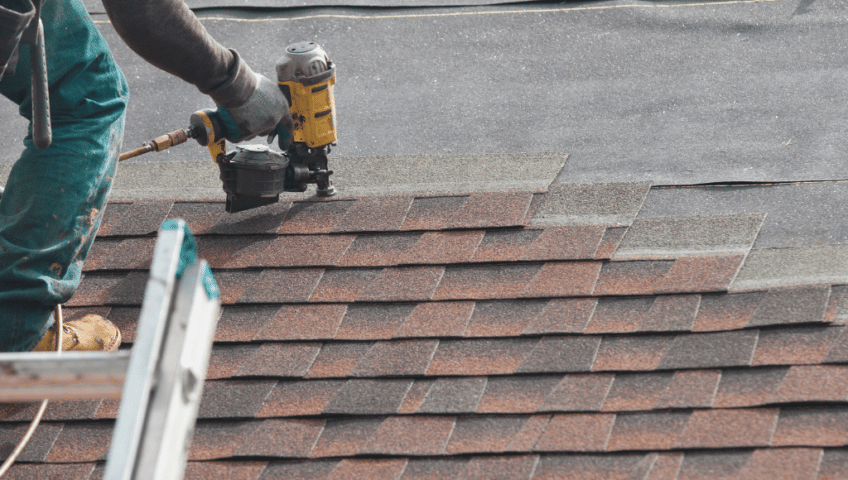Roofing work involves inherent risks that can lead to serious accidents and injuries. Adhering to safety regulations is necessary to protect workers, minimize liability, and ensure a safe working environment. Understanding roofing safety regulations and compliance empowers contractors to proactively prevent accidents and promote a safer workplace.
Common Roofing Hazards
Roofing work involves inherent risks that can lead to serious accidents and injuries. Some of the most common hazards faced by roofing contractors include:
- Falls: Falls from roofs are a leading cause of injuries and fatalities in the construction industry. It is essential to implement proper fall protection measures to prevent these accidents.
- Burns: Roofing workers can be exposed to burns from hot surfaces, open flames, or electrical hazards.
- Exposure to Hazardous Materials: Roofing may involve exposure to hazardous materials, such as asbestos, lead, and chemicals. Proper safety procedures and protective equipment are necessary to mitigate these risks.
Safety Regulations for Roofing Contractors
Roofing contractors must adhere to various safety regulations to ensure a safe working environment. Some of the key roofing regulations include:
- OSHA Fall Protection Standards: OSHA requires roofing contractors to implement fall protection measures when working at heights of six feet or more.
- Local Building Codes: Roofing contractors must comply with local building codes and permit requirements.
- Other Relevant Regulations: Depending on the jurisdiction, there may be additional regulations specific to roofing work, such as those related to hazardous materials handling or environmental protection.
Essential Roofers Safety Equipment
Roofing workers must use appropriate safety equipment to protect themselves from hazards. Essential items include:
- Fall Protection: Harnesses, lifelines, and anchors are crucial for preventing falls from roofs.
- Personal Protective Equipment (PPE): Safety helmets, safety glasses, gloves, and appropriate footwear are essential for protecting workers from various hazards.
- Respiratory Protection: In some cases, respiratory protection may be necessary to protect workers from exposure to hazardous materials or airborne contaminants.
Safety Compliance for Roofing Contractors
Safety compliance is essential for roofing contractors, and using contractor management systems like ISNetworld® can streamline safety training and insurance management. By prioritizing compliance and effective system use, contractors can create a safer work environment and enhance their credibility, unlocking more project opportunities for growth.
Regulatory Compliance Support for Roofing Contractors
Safety compliance consultants offer comprehensive support to roofing businesses, ensuring compliance with safety regulations, identifying and mitigating risks, developing effective safety programs, and providing ongoing guidance and support. By partnering with Industrial Compliance & Support, businesses can create a safer and more efficient workplace.
Don't Wait Until It's Too Late. Ensure Your Safety Compliance With Industrial Compliance & Safety. Get in Touch With Us Today!
Ready To Get Compliant Today?
Call us or complete the form below!





